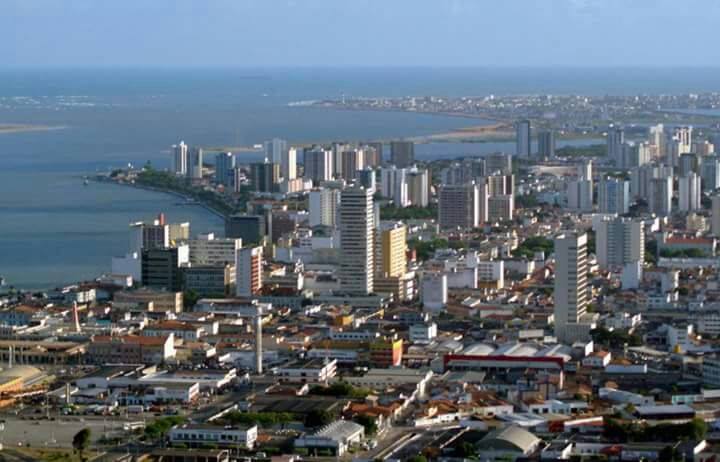
Uploaded on 2017-06-11 by Max Anjos
1. The major fossil fuels in Brazil is oil production from petroleum 42%, followed by natural gas (7,5%) and coal with (5%). The energy non- renewable covers 57% of the energy production in the country. 2. The most of the amount energy consumption is used to industrial and transport system 32,5% and 32%, respectively. 3. A critical policy making regard to Brazilian energy system is diversification of the energy matrix, the increase of offer, customer service, stability and distribution and access. Primarily, the Brazil is rice in Petroleum (Pré-Sal discovered ) and needs to ensure a good used it, but at the same time, it has a big potential to renewable energy from the sun and the wind, for instance. Currently, the renewable energy represents 42,5% (127 miltep) because the hydropower and biopower (ethanol, biodiesel) play an important role in the energy production. Considering the economy and social Brazilian situation is very important to create an infrastructure that provides enhance the energy from natural sources in which sustainable way. In this process, mitigation environmental problem from energy production needs to achieve a sustainable. (Image credits: http://expressaosergipana.com.br/curiosidades-da-cidade-menina-nossa-aracaju/)